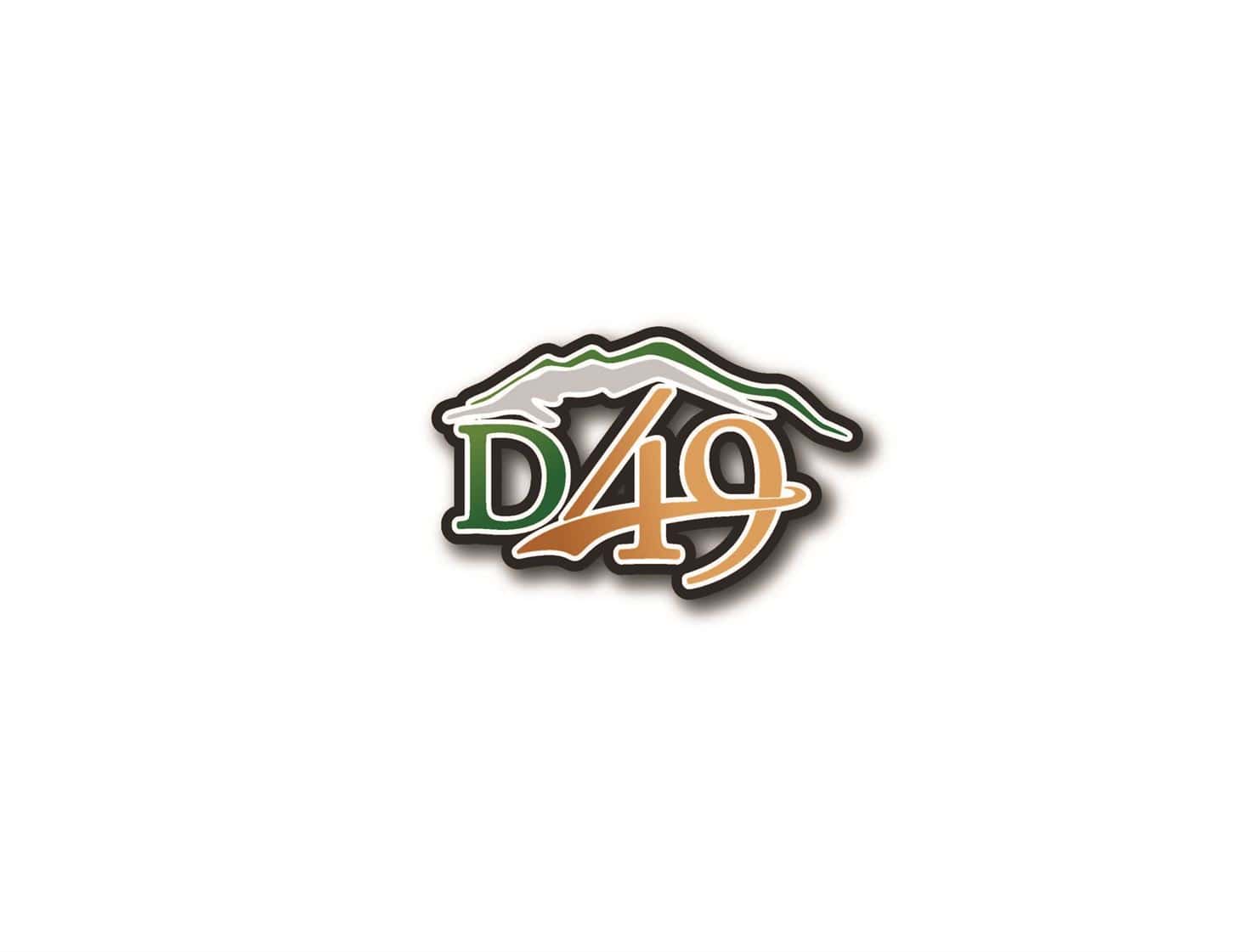I get asked a lot of questions on a lot of topics. I have issues in my “to do” file dealing with everything from potholes to wild animals, from drainage to discretionary spending. Some issues can be dealt with in a minute, and some are huge projects, which I will be working on for months. But, the one question that tends to be a common denominator at town hall meetings and in phone calls is “what exactly do county commissioners do, anyway?”Today, I’d like to give a general overview and then, in coming months, I’ll go through various departments and offices to describe much of the county services which affect us on a daily basis in El Paso County.The Board of County Commissioners (BoCC) is made up of five commissioners who serve by districts, which are separated equally by population. Each commissioner may serve up to two four-year terms. The BoCC is an administrative and policy-setting arm of the state and has only those powers and authority granted to it by the General Assembly of the Colorado State Legislature. The BoCC also serves as the Board of Equalization and the Liquor Licensing Authority for the county.The county offices administered by the BoCC include the sheriff, district attorney, coroner, treasurer, assessor, surveyor, and clerk and recorder. These are “offices” because elected officials lead them. The BoCC allocates funding for these offices in our annual budget process, and then the elected officials administer those dollars and their staff within their respective offices.Some of the county departments administered by the BoCC include the Department of Human Services, the Department of Health and Environment, the Parks Department, the Department of Transportation and administration. These departments are led by directors and managers and receive all or some of their funding from the general fund. In 2007, that general fund equaled $113,670,413.The bulk of time the BoCC is in session is spent dealing with land use issues. When there is a new development planned, items, such as road issues, easement and density issues, zoning changes and code enforcement actions, are reviewed and voted on collectively. We hear arguments for and against such items, not only from the applicants of projects and those affected by any particular agenda item, but from the general public as well. I entertain input from anyone who wishes to contact me on items which affect them or upon which they would like to comment.As the Board of Equalization, we handle binding arbitration and tax abatement appeals. The clerk to the board coordinates hearings and processes petitions submitted by taxpayers protesting property valuations to the board.As the liquor licensing authority for the county, we approve new liquor licenses, renew existing licenses and hear cause for revocation or suspension of licenses based on violations.This column would be too long if I were to list all of the other various types of items dealt with on the board. The previous paragraphs just scratch the surface of how your county government can affect your daily lives (for better or for worse). Suffice it to say that the issues are broad and voluminous and often have a great impact on our neighborhoods and businesses.I view my role as your commissioner as your representative for all of these issues. We live in a representative republic, and, while I represent you on the board by making decisions on your behalf on routine matters, I must also listen to the voices within the district and county and make decisions based upon that input. I must respond to constituent contact (which I attempt to do in as timely a fashion as possible) and work with people to solve problems when appropriate and necessary, while working to make sure that county government stays adequately out of the way of private business, property owners and the free market.The BoCC has statutory obligations that must be met, and in doing so, I want to see those mandated services delivered with as much efficiency as one might see in some examples in the private sector. Local government has the ability to be more efficient if we work hard at watching the bottom line, fighting against burdensome regulations, unfunded mandates from the state and federal levels and responding to the constituents. Your county government is very different than the state or federal level of government. I want to make it even more transparent and accessible than ever before. I remind folks every chance I get that YOU are the government, not I or any other elected official. In large part, we take our marching orders from the people, and bearing this in mind should be the foundation of any elected official’s principles.This is just a general overview of your county government. It is a pleasure to work with and respond to so many of you.Amy LathenEl Paso County Commissioner, District 2520-6412





